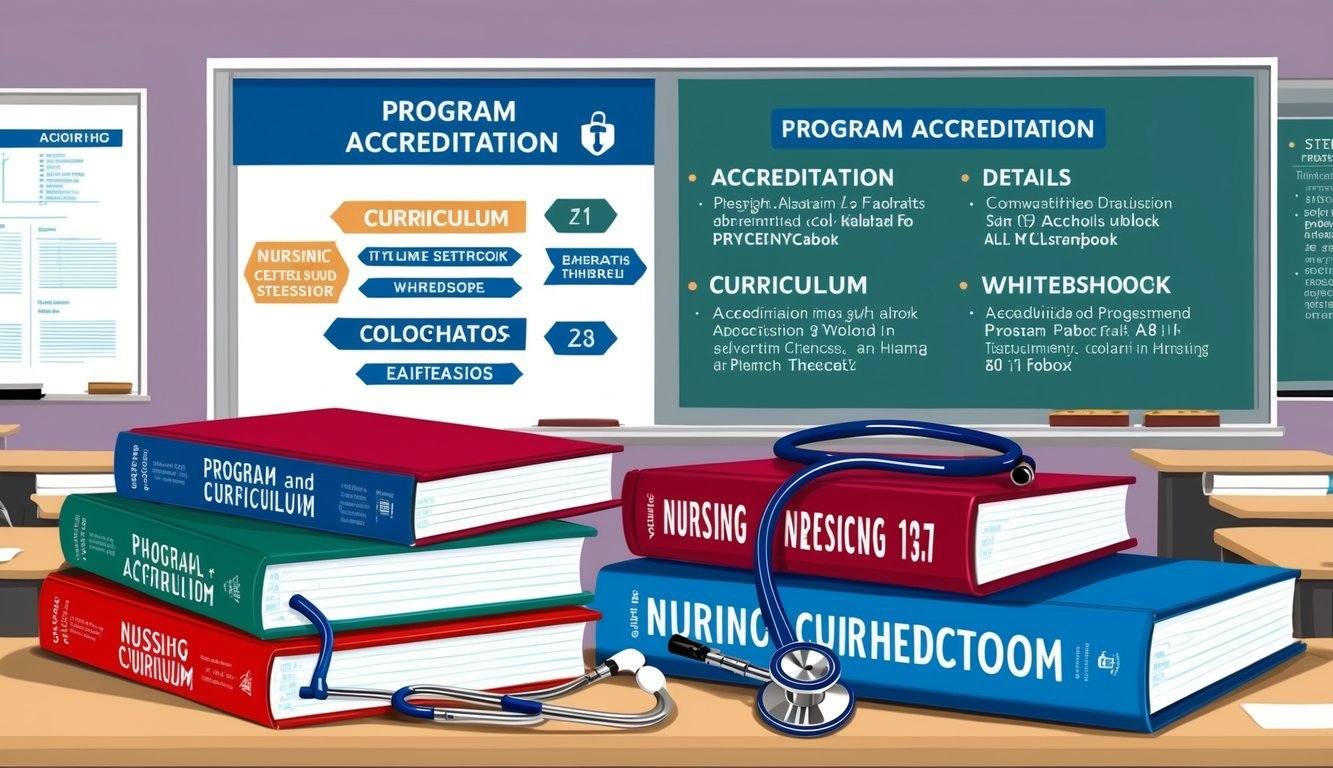As a registered nurse, advancing your education to obtain a Bachelor of Science in Nursing (BSN) can significantly enhance your career opportunities and earning potential.
Many hospitals and healthcare facilities now prefer or require a BSN for leadership roles and specialized positions. Finding the best RN to BSN programs can streamline your path to achieving this degree while accommodating your busy schedule.
These programs are designed for working nurses, offering flexible online formats, accelerated options, and support to help you succeed.
By enrolling in a top program, you can gain essential skills and knowledge that will prepare you for the evolving healthcare landscape.
Understanding what to look for in the best RN to BSN programs is crucial for making an informed decision that aligns with your career goals.
Benefits of Pursuing an RN to BSN Program
Pursuing an RN to BSN program offers numerous advantages that can significantly enhance your nursing career.
This pathway not only opens doors to advanced roles but also strengthens your clinical competencies.
Career Advancement Opportunities
Completing an RN to BSN program can significantly broaden your career prospects.
Many healthcare employers prefer or require a Bachelor of Science in Nursing (BSN) for nursing positions, especially in leadership and specialized roles.
With a BSN, you can access a variety of positions such as nurse manager, clinical nurse leader, or even education and research roles.
Studies indicate that BSN-prepared nurses often earn higher salaries, with an approximate increase of $20,000 annually compared to those with an associate degree.
Furthermore, obtaining a BSN is often a prerequisite for pursuing advanced practice roles, such as Nurse Practitioner or Clinical Nurse Specialist.
This degree can position you favorably for specialty certifications and leadership opportunities.
Enhanced Clinical Skills
An RN to BSN program typically expands your clinical skills and knowledge base.
Through advanced coursework in areas such as community health, research, and nursing ethics, you develop a deeper understanding of patient care.
You will learn about evidence-based practices, which enhance your decision-making skills in clinical settings.
This knowledge equips you to implement more effective patient care strategies.
Many programs also emphasize leadership and management training, preparing you to take on roles that require oversight of nursing staff and patient care protocols.
This holistic approach to nursing education fosters confidence in your ability to deliver optimal care.
By blending clinical expertise with leadership skills, a BSN makes you a more versatile and valuable asset within the healthcare system.
Accreditation and Curriculum

When selecting an RN to BSN program, understanding accreditation and curriculum is crucial.
Accreditation ensures that the program meets quality educational standards, while a well-structured curriculum provides the necessary knowledge and skills for advanced nursing roles.
Importance of Accreditation
Accreditation plays a vital role in nursing education.
Programs that hold accreditation from recognized bodies, such as the Commission on Collegiate Nursing Education (CCNE) or the Accreditation Commission for Education in Nursing (ACEN), signify adherence to high educational standards.
Key Benefits of Attending an Accredited Program:
- Quality Assurance: Guarantees a rigorous educational framework.
- Eligibility for Financial Aid: Many funding options require enrollment in accredited programs.
- Transferability of Credits: Eases the process of transferring credits to other institutions.
- Employment Opportunities: Employers often prefer graduates from accredited programs.
Core Curriculum Components
Core curriculum components in RN to BSN programs are designed to build on your existing nursing knowledge and enhance critical skills.
Most programs typically include the following essential areas:
| Component | Description |
|---|---|
| Nursing Theory | In-depth exploration of nursing principles and ethics. |
| Research Methods | Training in evidence-based practices and research applications. |
| Health Assessment | Advanced techniques for patient assessment and diagnosis. |
| Leadership and Management | Skills for leading healthcare teams and managing patient care. |
Courses may also cover public health, community nursing, and healthcare policy.
This ensures you are well-prepared for a range of nursing responsibilities.
Programs may vary, so review specific offerings that align with your career goals.

